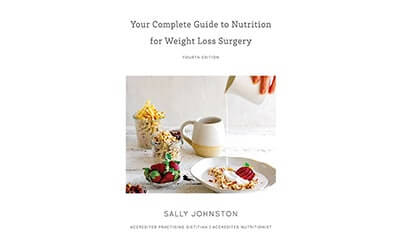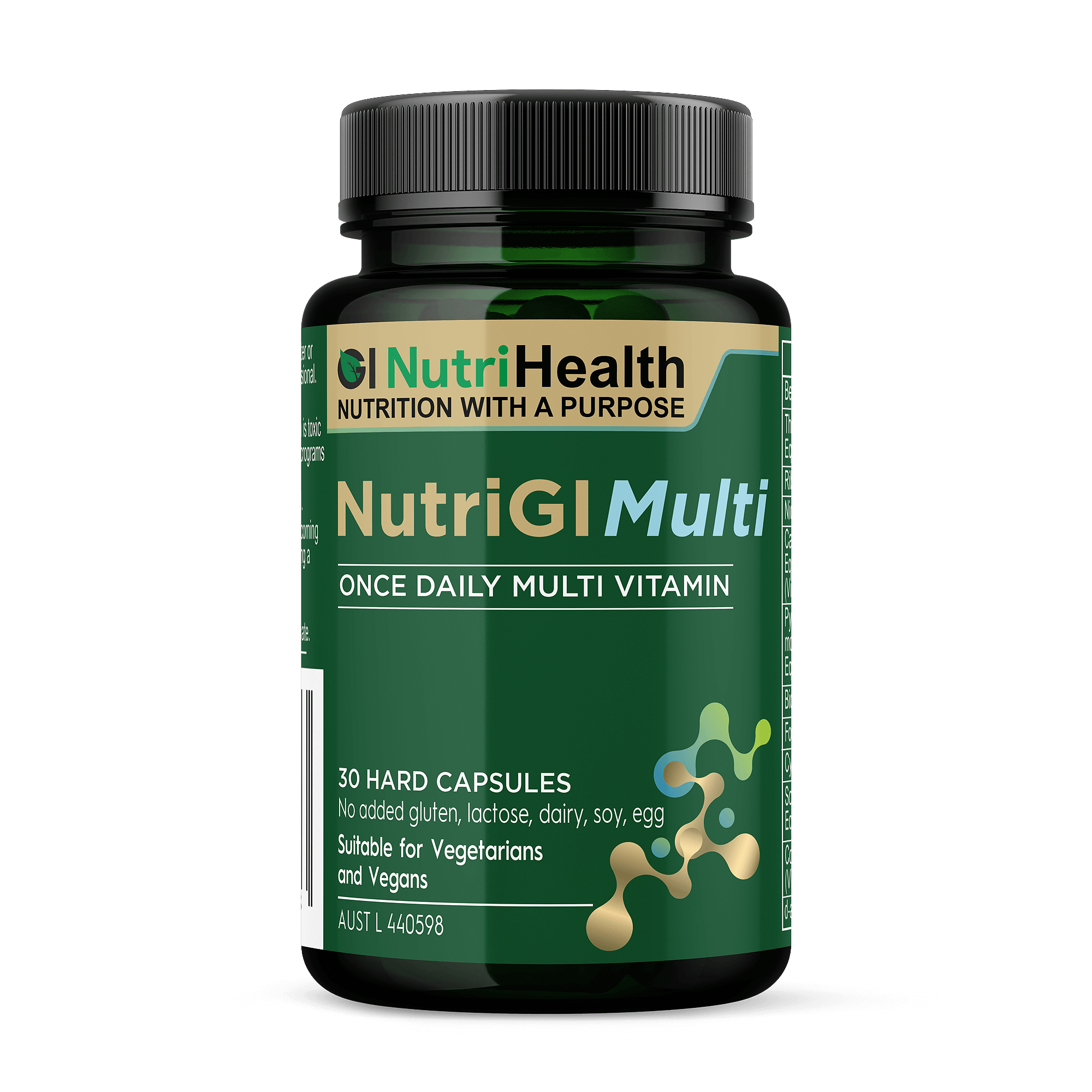Back to Patient Portal
Undergoing bariatric surgery is a significant step towards improving your health and achieving long-term weight loss. As part of our Ongoing Care Program at UGIS we provide all our patients with a Bariatric Surgery Tool Kit – a set of resources designed to help you build healthy habits for life. In this blog, we’ll guide you through effectively using each item in your tool kit.
Your Complete Guide to Nutrition for Weight Loss Surgery
This book by Sally Johnston is tailored specifically for bariatric patients. It covers everything from meal planning to understanding your nutritional needs after surgery. Here’s how to make the most of it:
- Use it as your go-to reference for post-surgery nutrition, meal ideas, and guidance on portion sizes.
- Plan your meals in advance using the practical tips and recipes included.
- Keep it accessible – having it on your kitchen counter or bedside table ensures you can refer to it when needed while reminding you to continue your healthy eating habits.

Portion Perfection Bariatric Plate and Bowl
After surgery, you will only be able to eat small amounts, but long-term portion control is critical for maintaining a balanced diet and preventing discomfort. The Portion Perfection bariatric plate and bowl help you visualise appropriate portion sizes and ensure you’re eating the right amount.
- Use the plate as a guide for serving your meals. Each section indicates the correct proportions of protein, vegetables, and carbohydrates.
- Measure your food – over time you will intuitively know how much of each food type you should be including on your plate while becoming familiar with how much food you need to feel satisfied without overeating.
Bariatric Multivitamins: A Lifelong Habit
Bariatric surgery alters your body’s ability to absorb certain nutrients, making lifelong vitamin supplementation essential. Your tool kit includes a one-month supply of bariatric multivitamins to get you started.
- Take your vitamin daily as prescribed by your healthcare team to prevent deficiencies.
- Set reminders on your phone or keep your vitamins in a visible place to ensure consistency.
- Continue your supplements long-term – even if you feel well, nutrient deficiencies can develop over time if vitamins are not taken regularly.
Embracing Your New Lifestyle
Your Bariatric Surgery Tool Kit is designed to set you up for success. By making these resources a part of your daily routine, you’ll be better equipped to maintain healthy habits, optimise your nutrition, and achieve long-term weight loss. If you have any questions about your tool kit or need further guidance, don’t hesitate to reach out to our team, we’re here to support you every step of the way.




0 Comments